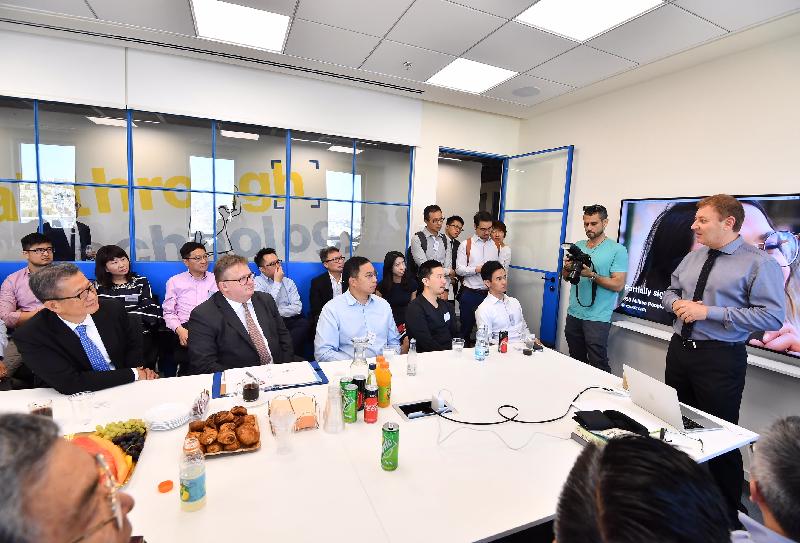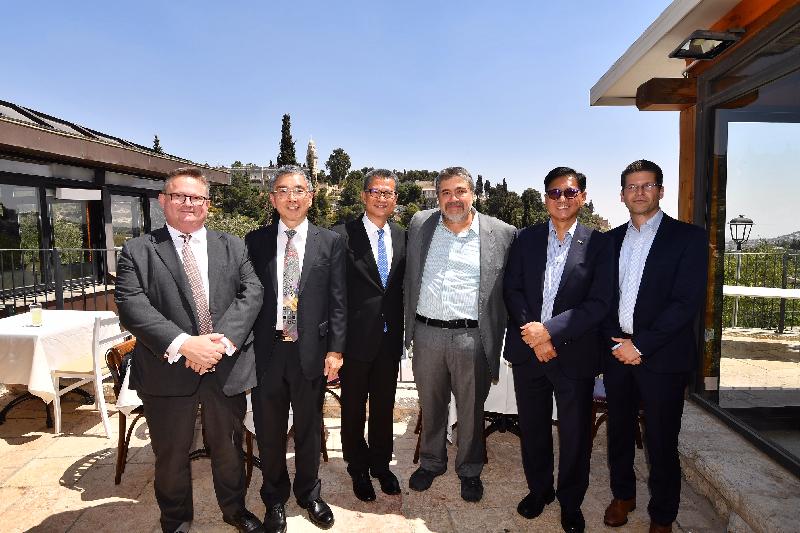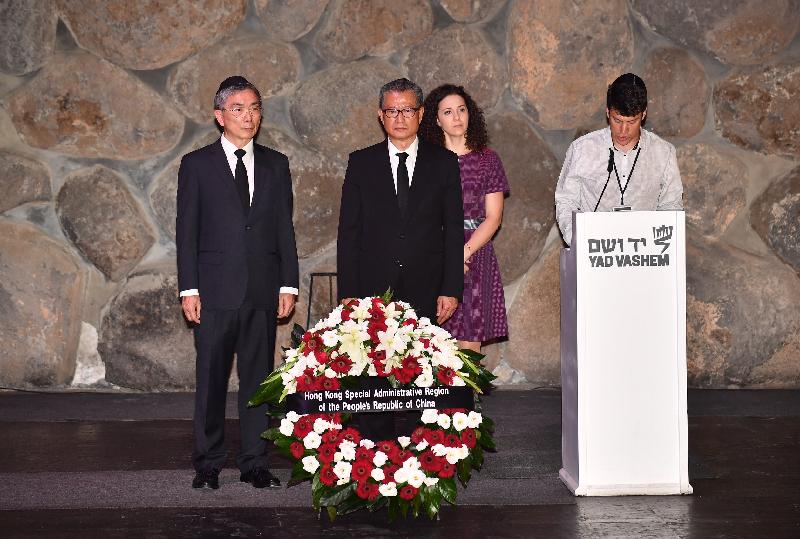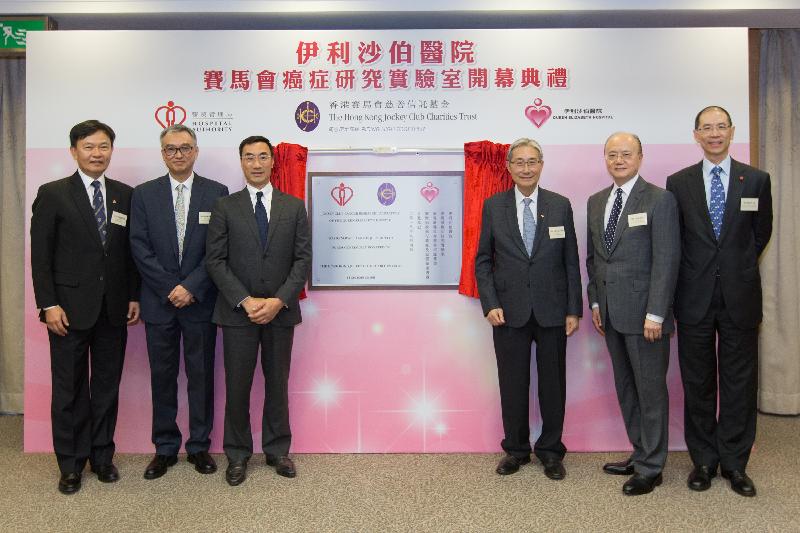The Centre for Health Protection (CHP) of the Department of Health is investigating today (September 4) one additional local case of dengue fever (DF) and again urged the public to maintain strict environmental hygiene, mosquito control and personal protective measures both locally and during travel.
The case involves a 61-year-old female patient with underlying illness, who developed fever, headache, myalgia, cough with sputum, runny nose and skin rash since August 14. She attended Our Lady of Maryknoll Hospital Family Medicine Clinic on August 23 and no hospitalisation was required. She has all along been in a stable condition.
Her blood sample collected on August 23 tested positive for immunoglobulin M (IgM) antibodies to dengue virus but was negative in antigen and genetic testing. Thus, a second blood sample was taken and there was a more than four-fold increase in the antibody titre against the DF virus when compared with the first specimen. The case was classified as a confirmed local case today.
Initial enquiries revealed that the patient lives in Tsui Chuk Garden in Wong Tai Sin and had visited Lion Rock Park in the end of July. She had day trips to Shenzhen in Guangdong on July 31 and August 2. She could not recall history of mosquito bites.
Her home contact has remained asymptomatic and has been put under medical surveillance.
"We are working closely with the Food and Environmental Hygiene Department (FEHD) to assess and prevent possible spread of infection. The FEHD's vector investigations, surveillance and control are ongoing. Epidemiological investigations are ongoing," a spokesman for the CHP said.
"The CHP has provided information and locations of the residences and local movements of the local DF cases on the CHP's designated webpage for DF to facilitate handy access to information for the public," the spokesman said.
The CHP appeals to members of the public not to visit Lion Rock Park during the closure period in order to prevent contracting DF. Scientific studies have shown that infected persons can transmit the virus to mosquitoes through mosquito bites even if they remain asymptomatic or before their onset of symptoms, leading to further spread of the disease. Hence, people who have visited Lion Rock Park are advised to apply insect repellent for 14 days after their last visit, and those with DF symptoms should seek medical advice as early as possible. Meanwhile, people who reside in or visit Cheung Chau should also be advised to apply insect repellent during their stay and continue applying it for 14 days after their last day of stay to prevent infection and secondary spread.
Persons who have been to the vicinity of Wong Tai Sin (particularly Lion Rock Park), Kwai Shing West Estate, Clear Water Bay Second Beach, Cheung Chau (Hillside Road, Tsan Tuen Road, Fa Peng Road, San Hing Street, Cheung Chau Sai Tai Road, Lung Tsai Tsuen, Xavier House, Sai Wan Road, Tung Loi Court and Cheung Chau Peak Road) and Charming Garden with DF symptoms should call the CHP's hotline (2125 1122) for laboratory investigation or referral as appropriate. The hotline operates from 9am to 5.45pm daily.
"We have informed the Guangdong and Macao health authorities to alert them to the latest situation," the spokesman added.
This is the 29th local case recorded this year. Excluding the local cases, as of noon today, 65 imported cases had been recorded in 2018. The cases were mainly imported from Thailand (26), the Philippines (12) and Cambodia (8).
In the rainy season, the public should take heed of the following advice on mosquito control:
- Thoroughly check all gully traps, roof gutters, surface channels and drains to prevent blockage;
- Scrub and clean drains and surface channels with an alkaline detergent compound at least once a week to remove any deposited mosquito eggs;
- Properly dispose of refuse, such as soft drink cans, empty bottles and boxes, in covered litter containers;
- Completely change the water of flowers and plants at least once a week. The use of saucers should be avoided if possible;
- Level irregular ground surfaces before the rainy season;
- Avoid staying in shrubby areas; and
- Take personal protective measures such as wearing light-coloured long-sleeved clothes and trousers and apply insect repellent containing DEET to clothing or uncovered areas of the body when doing outdoor activities.
To reduce the risk of infections spread by mosquitoes, apart from general measures, travellers returning from affected areas should apply insect repellent for 14 days (DF) or at least 21 days (Zika Virus Infection) upon arrival in Hong Kong. If feeling unwell, seek medical advice promptly and provide travel details to the doctor. DEET-containing insect repellents are effective and the public should take heed of the tips below:
- Read the label instructions carefully first;
- Apply right before entering an area with risk of mosquito bites;
- Apply on exposed skin and clothing;
- Use DEET of up to 30 per cent for pregnant women and up to 10 per cent for children*;
- Apply sunscreen first, then insect repellent; and
- Re-apply only when needed and follow the instructions.
* For children who travel to countries or areas where mosquito-borne diseases are endemic or epidemic and where exposure is likely, those aged 2 months or above can use DEET-containing insect repellents with a DEET concentration of up to 30 per cent.
The public should call 1823 in case of mosquito problems and may visit the DF pages of the CHP and its Travel Health Service, the latest Travel Health News, tips for using insect repellents, the CHP Facebook Page and YouTube Channel, and the FEHD's Guidebook on Control and Prevention of Mosquito Breeding for more information.





